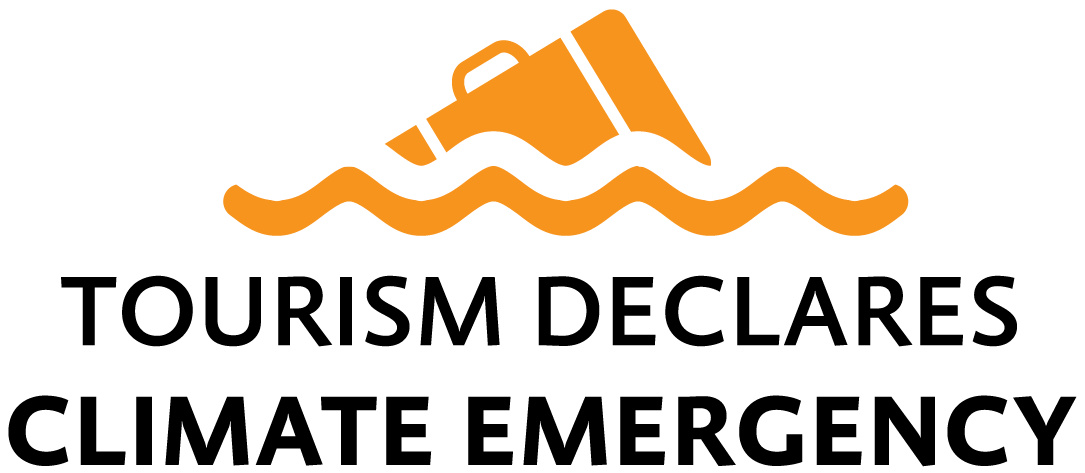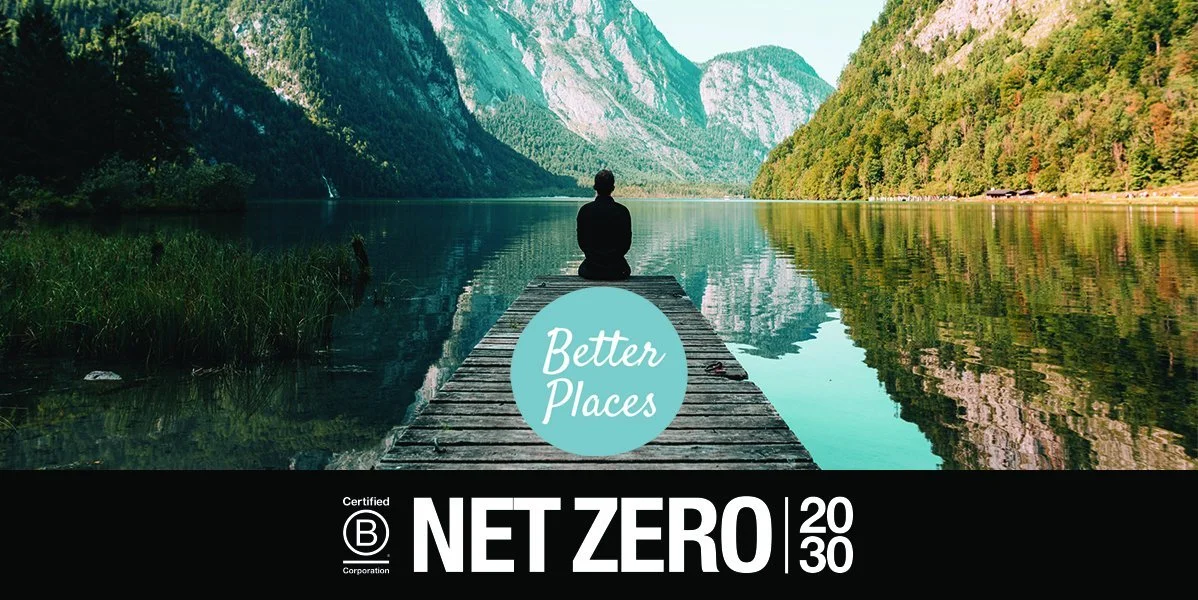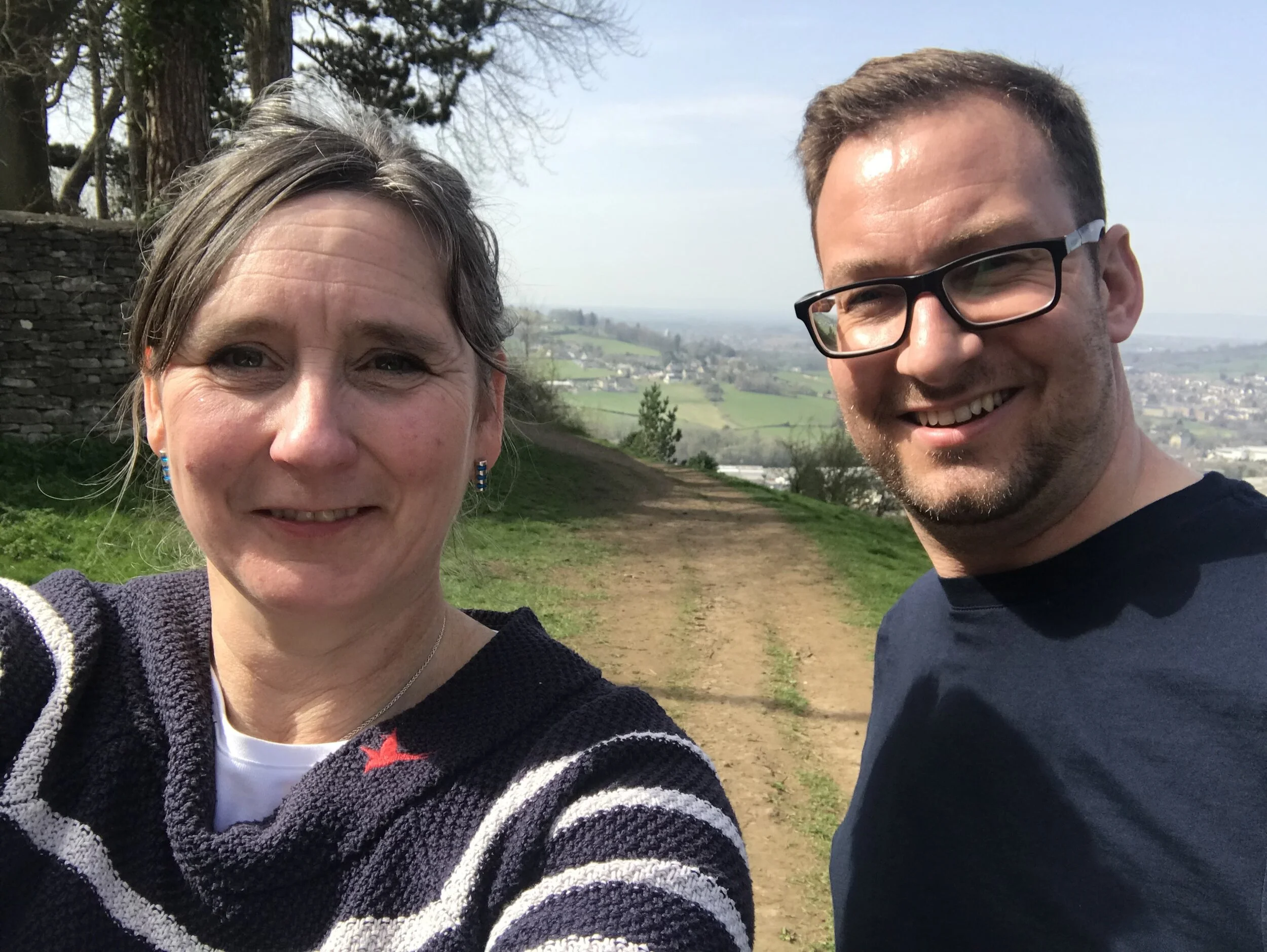Introducing young people to climate action with The Bioasis
The Bioasis project is the exciting new UK programme from the team behind STC Expeditions, a company that provides specialist school expeditions. Given the devastating impact of the pandemic on their core business, they have accelerated the development of their next venture: immersive outdoor adventures set in the British countryside.
As well as being naturally low in emissions, these school trips equip young people with the tools and enthusiasm they need to incorporate conservation and sustainability into their daily lives. The Bioasis have also joined almost 150 other companies in declaring a climate emergency. Here, Rebecca Waller interviews company director Adrian Ferraro to find out more.
Can you tell us a bit about STC Expeditions and the impact of the pandemic on the business?
ADRIAN: STC Expeditions is a small specialist school expedition company. We arrange educational adventures based around geography, biology or religious studies, as well as longer, more adventurous expeditions that involve trekking, rafting, volunteer work and cultural exchanges. Popular destinations for us are Morocco, Ghana, Kenya, Costa Rica, Peru, India, Borneo and Israel.
Interviewee, Adrian Ferraro
Responsible tourism and teaching students about the ethics of travelling well are core values. We’ve been Travelife Certified since 2018.
Schools are naturally cautious clients at the best of times and the pandemic has hit us hard. All but one of our groups have cancelled for summer 2021.
With schools the lead time between enquiry and travel is usually a minimum of 9 months, but can sometimes be up to 2 or more years. Enquiries since March are down more than 95% which is going to have a long-term impact into 2022 and beyond.
What is The Bioasis project and how did the idea come about?
ADRIAN: The Bioasis is our new UK programme. We’ve wanted to set up something in the UK for a while in order to reduce our carbon emissions, but the pandemic has accelerated that planning. We realised that if we were to stand out in a crowded market then we had to offer something really different.
The Bioasis is an ‘immersive’ outdoor adventure, set in the year 2074 in a post climate-change apocalyptic world. The Bioasis itself is a 1200-acre natural paradise that’s been ‘spared’ from the catastrophe. School groups can choose either a 6 or 10 day mission to learn about conservation, rewilding and reconnecting with nature. It’s ‘outdoor education meets escape room’, all whilst living off-grid in an incredibly beautiful part of the UK. I’m afraid I can’t tell you where it is – to protect it from the ‘industrialists’, The Bioasis’ location is a closely guarded secret!!
Young people kayaking and paddle boarding down a river in the early morning mist. Photo by Kristel Hayes
Trips to The Bioasis are naturally low in carbon emissions. In what ways have sustainable and responsible tourism been incorporated into the design of your trips?
ADRIAN: We’ve been very lucky in finding a large estate that is also relatively close to main line rail services. We’re encouraging all groups to arrive and depart by train, from where they will trek into The Bioasis itself. Most of the activities such as trekking, kayaking, wild swimming, bridge building and conservation activities are zero carbon. Cooking on open fires, a fast RIB boat extraction at the end of each mission and a 4×4 delivering food drops are the only direct carbon emitters. It’s very much a low impact off-grid adventure. Camps will use composting toilets and ultra-local renewables which the groups have to set up and connect on arrival.
One thing we’ve learnt in our overseas operations is the benefit of using the expertise and passion of local people. We’re setting up partnerships with local organic food suppliers, foraging experts, conservation charities and ecologists.
Your ‘missions’ are based around a narrative where young people alone hold the key to rebooting our planet. How do you plan to educate and empower your ‘recruits’ so that they become the change-makers of the future?
The Bioasis project is about reconnecting young people with nature.
The narrative of the story means we can be very imaginative. We’re using escape-room style tasks to teach a range of knowledge and skills. Using a dynamo and an old bike, for example, plus renewable energy circuits to power the camp, groups will learn about sustainable energy. Environment clean up tasks teach about plastic pollution. We’ll also be using wandering ‘vagabond’ story tellers, local farmers and guided conversations around campfires to build a bigger picture of the need to live more sustainably.
As each mission progresses, groups build an arsenal of knowledge and physical things (e.g. seed bombs). The end goal is to send them back to the ‘real world’, with practical ideas about plastic pollution, wild-flower meadows, sustainable energy, conservation and small-scale rewilding techniques that can be implemented in their gardens, school grounds or local community.
The project involves building partnerships with private landowners and conservation charities – how is this going so far and have you encountered any challenges?
ADRIAN: The estate owner has been absolutely amazing. Large estates have huge upkeep costs and monetising land is not always easy. A project such as this brings income and human resources (in enthusiastic young people!) to help improve the biodiversity of the estate. Almost everything we have put to the land owner, asking “we’d quite like to do this” – he has said “Yes!” Honestly, we couldn’t have found a better partner.
Conservation charities have been receptive to the idea and we’ll be getting involved with a range of citizen science projects and also the removal of invasive species such as Himalayan Balsam.
We’ve not met any problems yet other than funding – we’re a small start-up with grand plans!
Do you think this kind of innovative project that monetises land and encourages rewilding will become increasingly popular?
ADRIAN: There needs to be a fundamental shift in how we use and monetise land in general if we are to protect nature. The new government initiative to change the farm subsidies may help, but it is still very early days on that and there isn’t much detail at the moment. New concepts like The Bioasis are a way for forward-thinking landowners to monetise conservation and rewilding through tourism and experiential travel.
What are your plans for the future regarding both STC and The Bioasis project?
ADRIAN: In the short term, STC Expeditions is in a state of semi-hibernation. We are using the relative quiet to progress The Bioasis and also work on our Carbon Action Plan for our overseas operations. This will include reducing the number of destinations we operate in, as well as working with our overseas partners to make positive carbon related changes to our itineraries.
We’ve had a great initial response to The Bioasis, which is encouraging. We’re currently investigating becoming a social enterprise and looking at ways we can part fund missions for pupils in deprived areas.
In 2021 we will be running a limited number of missions so we can learn and refine the overall concept. We hope to increase our operations on the estate in 2022 and then, all being well, start looking for additional locations around the UK where we can expand the reach and positive impacts of the project.
Young people sitting around a campfire. Photo by Joris Voeten
This interview was originally published on Travindy. You can access the original article here.













Students get access to a range of online modules which they complete alongside the rest of their travel group prior to departure. Two focus on the climate crisis.